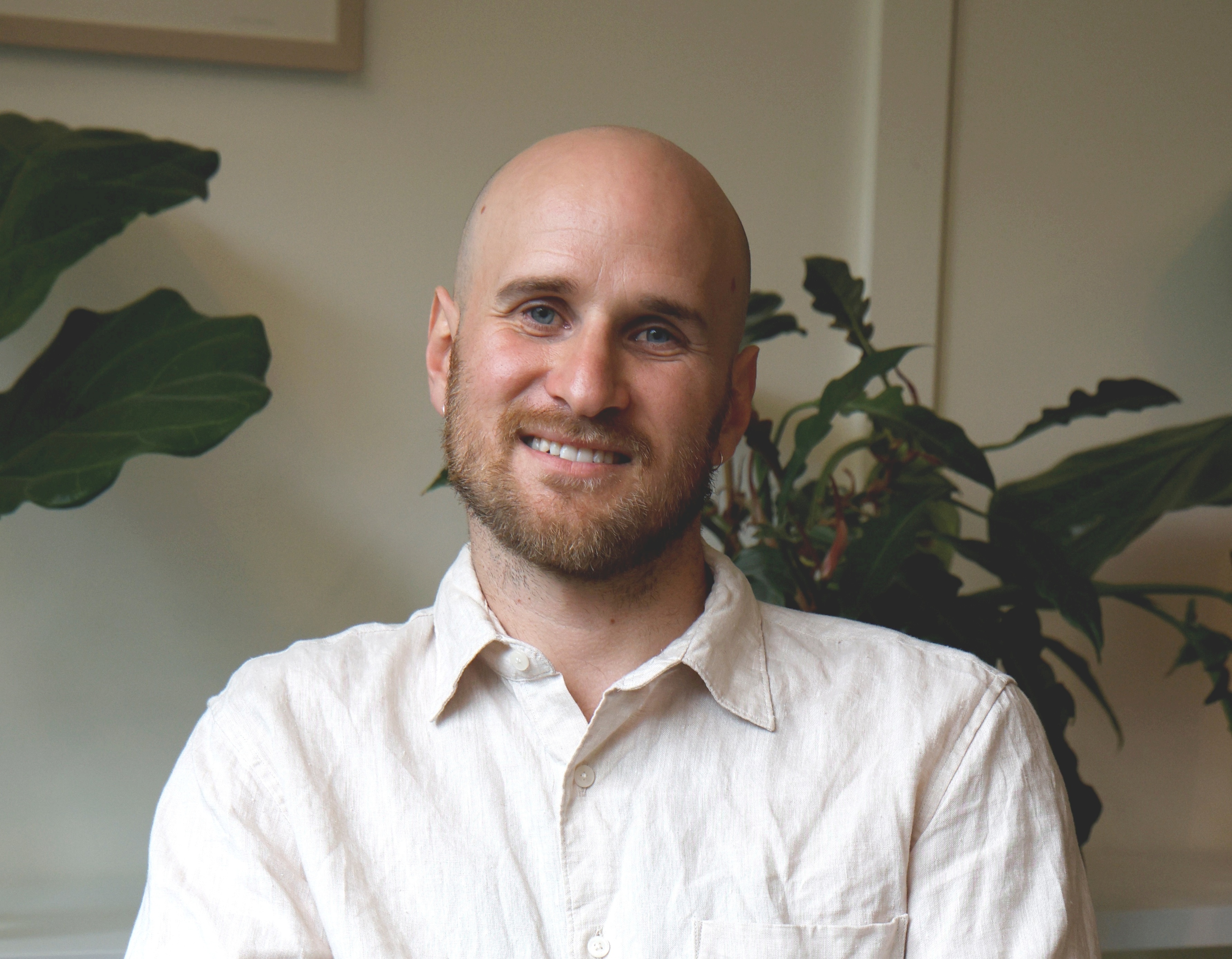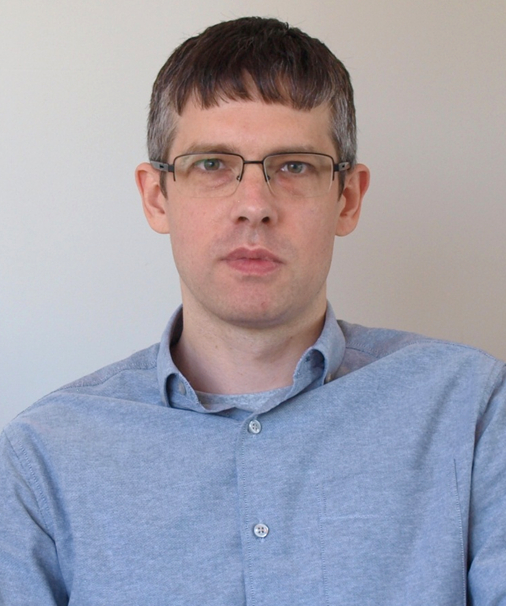What is the difference between therapy, counselling, psychotherapy, and psychology?
These terms are often used interchangeably, but there are differences between them.
Therapy and counselling are the broad terms that encompass all forms of emotional and psychological support and often have a focus on short-term practical solutions.
Psychology is perhaps best understood as a treatment modality for people who have a mental health diagnosis; psychologists use targeted psychological methods, e.g. cognitive behaviour therapy or CBT. The primary goal is to reduce symptoms quickly.
Psychotherapy tends to be longer term and is more exploratory in nature. This type of therapy looks to develop self-awareness and emotional resilience through exploring current experiences, personal history, and relationship patterns. Psychotherapy training often includes the therapist doing many hours of personal therapy themselves before becoming a psychotherapist.
Registered psychologists and mental health social workers often work in conjunction with medical providers (such as GPs and psychiatrists) to provide targeted treatments for people with mental health issues. They may use various therapeutic approaches, including psychotherapy, as part of their treatment.
If you have a mental health issue, such as anxiety or depression, you and your doctor can create a mental health plan to treat it. A mental health treatment plan lets you claim a rebate for up to 10 individual and 10 group sessions with a mental health professional each calendar year.
Types of therapy
Acceptance and Commitment Therapy (ACT)
Acceptance and Commitment Therapy (ACT) is a modern form of cognitive-behavioural therapy that focuses on promoting psychological flexibility. It's designed to help individuals develop a healthier relationship with their thoughts and feelings.
In ACT, people are encouraged to accept their thoughts and emotions, even if they're distressing, and not try to avoid or suppress them. The therapy helps individuals clarify their values and commit to actions that align with those values, even in the presence of difficult thoughts and emotions.
ACT also incorporates mindfulness techniques, which enhance present-moment awareness and non-judgmental observation of one's experiences. The goal is to reduce emotional suffering and increase overall well-being.
Cognitive Behavioural Therapy (CBT)
Cognitive Behavioural Therapy (CBT) is a type of therapy that helps people understand and change the way they think and behave. It's based on the idea that our thoughts, feelings, and actions are all connected.
In CBT, a therapist works with a person to identify negative thought patterns and behaviours that might be causing problems in their life, such as anxiety or depression. Then, they help the person learn new, more positive ways of thinking and acting.
CBT is a practical, goal-oriented therapy that often involves homework or exercises outside of sessions. It's widely used to help people manage various mental health issues and develop coping strategies to improve their overall well-being.
Dialectical Behaviour Therapy (DBT)
Dialectical Behaviour Therapy (DBT) is a specialised form of cognitive-behavioural therapy designed to help individuals with emotional regulation difficulties, especially those with borderline personality disorder. It's rooted in the concept of dialectics, which means balancing opposites.
DBT combines standard cognitive-behavioural techniques with mindfulness and acceptance strategies. It helps individuals become more aware of their emotions and teaches them how to manage intense emotional reactions, reduce self-destructive behaviours, and improve their relationships.
The therapy is typically structured with individual therapy sessions and group skills training. It emphasises validation, self-acceptance, and coping skills development. DBT is effective for a range of conditions marked by emotional dysregulation and impulsive behaviours.
EMDR
Eye Movement Desensitisation and Reprocessing (EMDR) is a therapy approach primarily used to help people who have experienced traumatic events or distressing memories. In EMDR, a trained practitioner helps individuals process their traumatic memories by using a structured protocol. This typically involves the person recalling their traumatic experience while focusing on the therapist's hand movements, sounds, or other forms of bilateral stimulation (like tapping). This helps the person reprocess and reframe their traumatic memories in a more adaptive way.
EMDR can be effective for conditions like post-traumatic stress disorder (PTSD. It's considered an evidence-based treatment for trauma-related issues, and many people find it helpful in reducing the emotional impact of traumatic memories.
Gestalt therapy
Gestalt therapy is a holistic and experiential approach that focuses on the present moment and the ‘person as a whole’, in the many broader contexts of their life. It emphasises awareness, self-acceptance, and personal responsibility.
In Gestalt therapy, individuals are encouraged to explore their thoughts, feelings, and behaviours in the here and now. The therapist helps clients become more aware of how they interact with others and their environment to help develop flexibility and choicefulness.
It's an interactive and creative therapy that often uses techniques such as role-playing and empty chair exercises to help clients gain insight into their own experiences. Gestalt therapy is effective for a wide range of issues, including relationship problems, self-awareness, and personal growth.
Internal Family Systems (IFS)
Internal Family Systems (IFS) is a therapy approach that views the mind as a complex system with various inner "parts" or sub-personalities. Each part has its own feelings, beliefs, and role in protecting or coping with life's challenges.
In IFS therapy, the goal is to identify and understand these different parts and how they interact. The therapist helps you develop a harmonious relationship with your inner parts by acknowledging their roles and working to heal any wounded or extreme parts.
This approach helps individuals manage emotional and psychological issues by fostering self-awareness, self-compassion, and inner balance. It's particularly effective for issues related to trauma, self-esteem, and relationship difficulties.
Mindfulness
Mindfulness is a practice and mental state that involves being fully present in the moment with an open and non-judgmental attitude. It's about paying focused attention to your thoughts, feelings, bodily sensations, and the environment around you.
The goal of mindfulness is to cultivate awareness and acceptance of your experiences as they occur. It encourages observing thoughts and emotions without attaching judgment or getting caught up in them. This can lead to a greater sense of calm, improved emotional regulation, and a heightened capacity to manage stress.
Mindfulness can be cultivated through various techniques, such as meditation, deep breathing, or simply being fully present during everyday activities. It has been used effectively in reducing anxiety, depression, and increasing overall well-being. Practicing mindfulness allows individuals to live more fully and intentionally in the present moment.
Schema Therapy
Schema Therapy is a therapeutic approach that's especially useful for individuals who struggle with long-standing, deeply ingrained emotional and relational issues. It's based on the idea that people develop "schemas," or deeply rooted core beliefs about themselves and the world around them, early in life.
These schemas can be either adaptive (healthy) or maladaptive (unhealthy). Maladaptive schemas are often at the root of issues like chronic depression, anxiety, and relationship problems. Schema Therapy aims to identify and change these unhealthy schemas.
Schema Therapy is a longer-term approach compared to some other therapies, as it deals with complex, ingrained patterns of thinking and behaviour. It's effective for issues that have not responded well to more short-term therapies and is particularly suited for individuals with chronic emotional difficulties and personality disorders.
Meet our therapists
Our therapists are experienced and offer a range of therapeutic approaches






































